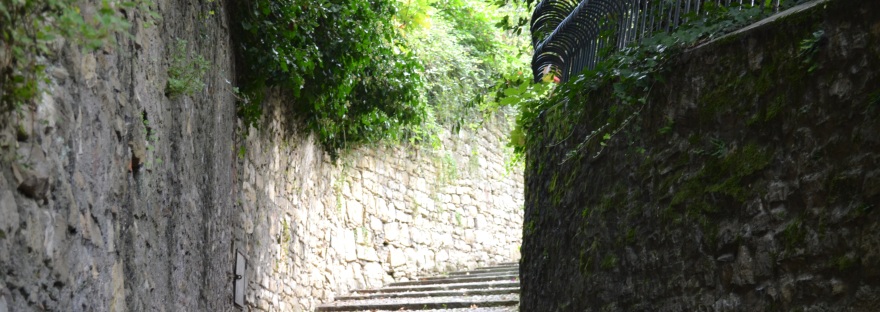Montessori Lessons in Interdependence: Greater Relevance Than Ever
Human geography and interdependence lessons during my teacher training left profound impressions and continue as touchstones for me today. Bringing greater awareness to the web of connectedness on Earth-with other humans, other life and even our non-living environments could lead us to more harmonious co-existence.
These thoughts, the thoughts and writing of colleagues like Dr Laura Flores Shaw and Andy Lulka and articles like the one quoted from below referring directly to Dr Montessori and her son Mario’s writings all point the way for a new world.
“Maria Montessori paid a great deal of attention to the interrelationships that existed between various living and nonliving aspects of the world. In Education for a New World, she pointed out that the cow performs all of the tasks that are necessary for the upkeep of grass, whilst providing milk at the same time. Grass in turn provides food for the cow and knits together the soil, which would otherwise be carried away by the wind. She observes that: Animals do not eat merely to satisfy themselves but to fulfill a mission prescribed to them by their behavior, in the interests of the harmony of creation, which is achieved by the collaboration of all beings, animate and inanimate.”(26)

“Every component of our world, Montessori noted, has a “cosmic task” to perform. This cosmic task is carried out as a result of the day-to-day actions of each, and contributes to the maintenance of balance and harmony for all.”
“In To Educate the Human Potential(44–45), Montessori discusses the action of water as it acts as a “furniture remover,” removing carbon dioxide from the air as it falls as rain and dissolving and depositing rocks. She refers to the work of bees, to the actions of earthworms, to the scavenging of crows and vultures, and to the filtering of the seas by such creatures as coral polyps (who build their homes with the filtrates), as further
examples of cosmic tasks in action.”
“It is examples such as these that Montessori wanted us to bring to the children’s attention. The place and history of humanity, which Montessori saw as continuing the process of evolution of the cosmos (Education for a New World 27) must also be studied in relation to the other aspects of the world. In this way, the sensitivity of the children to ecological matters may be enhanced, and a sense of responsibility for the stewardship of the earth, and all that it contains, may be born.” (David Kahn, “Global Science and Social Systems: The Essentials of Montessori Education and Peace Frameworks” The NAMTA Journal • Vol. 41, No. 2 • Spring 2016)


